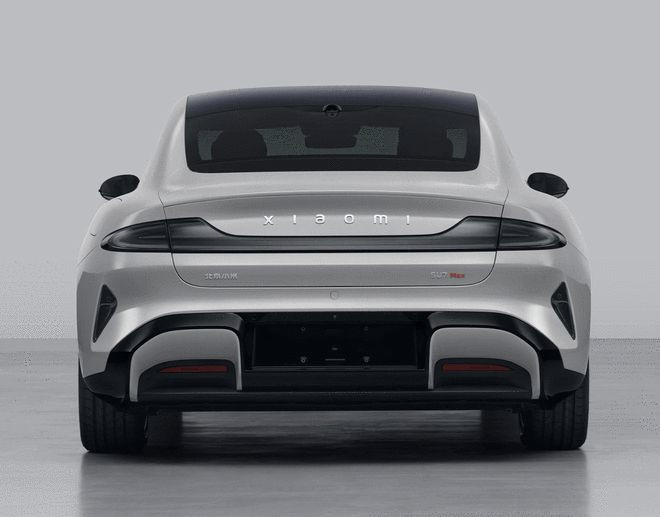Xiaomi will officially unveil its first electric SUV, the YU7, on May 22, joining a growing list of Chinese automakers vying to compete with Tesla in the world's largest auto market. The launch event, marking the company's 15th anniversary, will also feature several major product announcements, including the debut of Xiaomi's self-developed mobile chip, the Xring O1, alongside the new Xiaomi 15S Pro smartphone and Xiaomi 7 Ultra tablet.
Xiaomi CEO Lei Jun announced Monday on Weibo that the YU7 will finally make its debut at the company's strategic product launch in Beijing. "Witness together, a new beginning for Xiaomi's 15th anniversary," Lei wrote. The YU7, long touted as a rival to Tesla's Model Y, was expected to launch earlier this year but was absent from April's Shanghai Auto Show, disappointing fans and analysts.
The YU7 enters the market as Xiaomi's second electric vehicle, following the SU7 sedan, which officially launched in March and has outsold Tesla's Model 3 in China on a monthly basis since December. However, SU7 sales momentum has slowed after a crash involving the vehicle killed three people in late March, triggering widespread scrutiny of product quality on Chinese social media platforms.
Data compiled by CnEVPost shows that insurance registrations for Xiaomi EVs declined for three consecutive weeks, falling to 5,180 in the week ending May 11 from 5,690 the previous week, an 8.96% drop.
Xiaomi EV said in December that the YU7 would be a direct competitor to the Model Y and is expected to hit the market by mid-2025. Regulatory filings list the vehicle at 4,999 mm in length with a wheelbase of 3,000 mm-larger than the current Model Y, which measures 4,797 mm with a 2,890 mm wheelbase.
Alongside the SUV, Xiaomi will introduce the Xring O1, its first smartphone processor since the 2017 Pengpai S1. Lei said the company had invested 13.5 billion yuan ($1.87 billion) into developing the chip and plans to spend at least 50 billion yuan more in chip design over the next decade, starting in 2025.
"Xiaomi has always had a chip dream because in order to become a great hard technology company, chips are a peak that must be climbed," Lei said. "We will definitely go all out."




